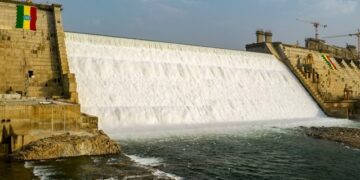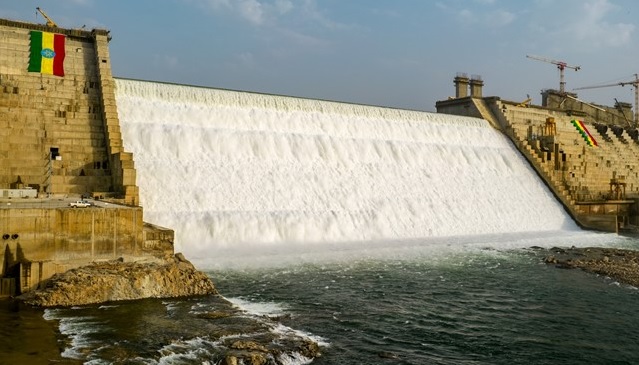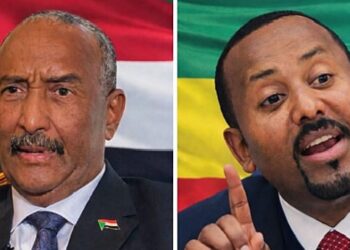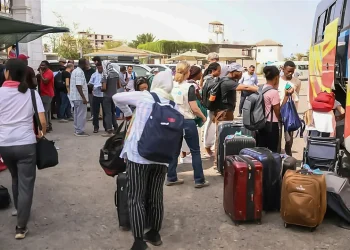By John Ikani
Egypt has expressed its frustration following Ethiopia’s announcement of the completion of reservoir filling at the controversial hydroelectric dam on the Blue Nile River.
The development deepens the longstanding dispute between Ethiopia, Egypt, and Sudan over the mega-dam project initiated in 2011. Egypt heavily relies on the Nile for nearly all its water requirements.
The Egyptian foreign ministry has accused Ethiopia of disregarding the concerns of downstream countries. Sudan, like Egypt, shares concerns about the potential impact of the dam on their water supply.
Ethiopian Prime Minister Abiy Ahmed made the announcement of the successful fourth and final filling of the Renaissance Dam, valued at $4.2 billion. He acknowledged the challenges, both internal and external, faced during the project’s execution.
The dam began generating electricity in February 2022 and is envisioned to double Ethiopia’s electricity production, a crucial boost for a nation where half of the 127-million population lacks access to electricity. The dam is situated approximately 30km (19 miles) from Ethiopia’s border with Sudan.
Egypt and Sudan have consistently argued for a mutual agreement on the operational guidelines for the Grand Ethiopian Renaissance Dam (GERD), fearing that Ethiopia’s energy requirements might worsen their existing water scarcities. Negotiations regarding the project resumed recently after a suspension in 2021.
Sudan, currently grappling with internal conflicts, has not yet responded to Prime Minister Abiy Ahmed’s announcement. In contrast, Egypt’s foreign ministry swiftly condemned Ethiopia’s “unilateral” reservoir filling as a violation of a 2015 declaration of principles, which emphasizes the necessity of reaching an agreement on GERD’s filling and operation rules before commencement.
The Egyptian foreign ministry asserted that Ethiopia’s actions are “illegal” and disregard the interests and rights of downstream countries, as guaranteed by international law principles. The discord over the GERD continues to challenge diplomatic efforts to ensure equitable usage of the Nile’s waters.




































